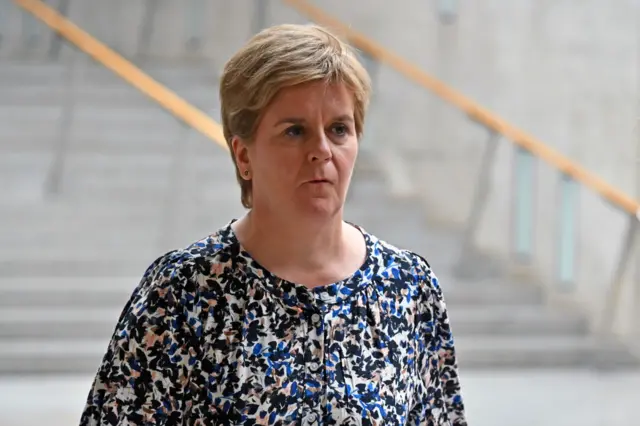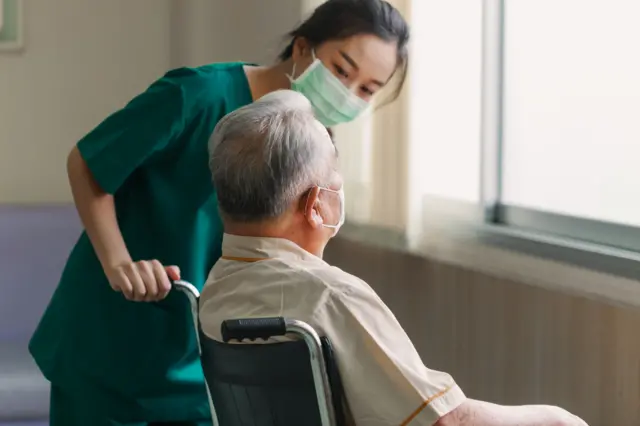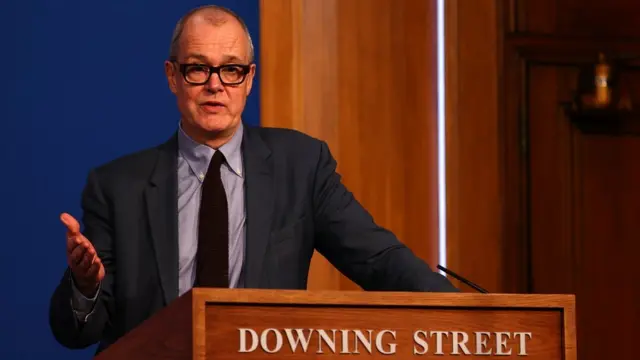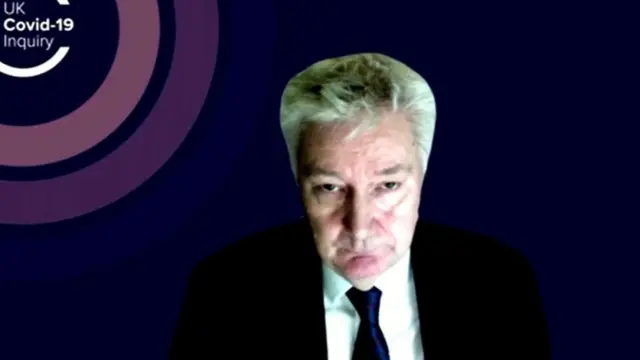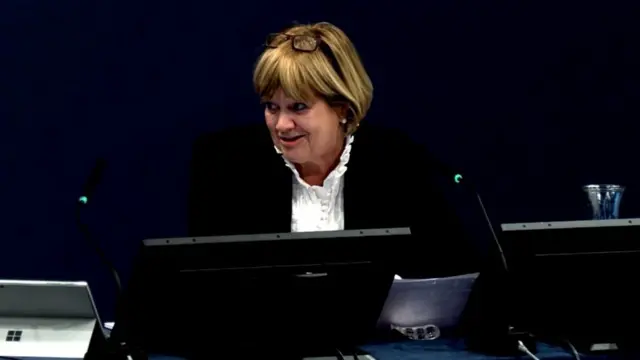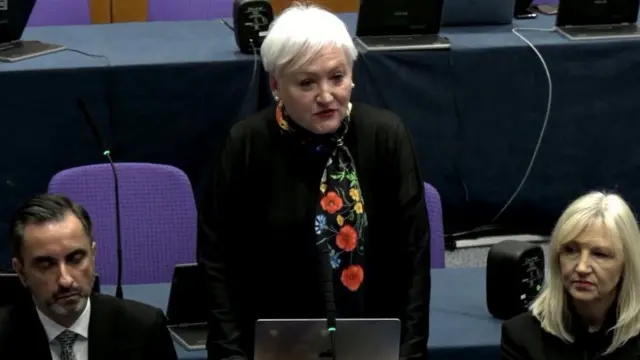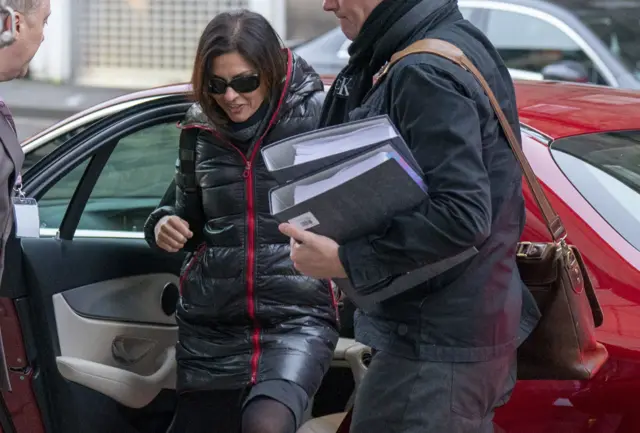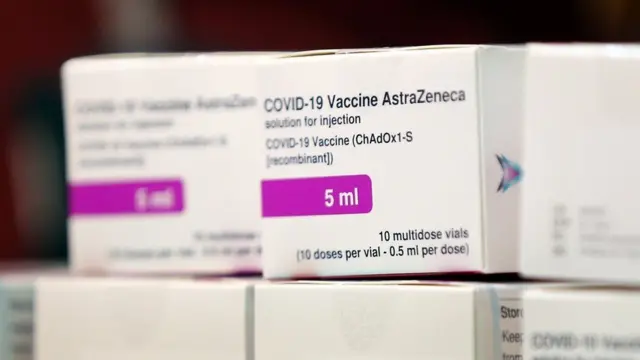UK Covid Inquiry: The headlinespublished at 17:12 GMT 23 January 2024
The UK Covid inquiry evidence session has ended. If you're just joining us here are the headlines that emerged today:
- Scotland's national clinical director admitted he used an auto-delete function on a Covid WhatsApp chat during the pandemic
- Professor Jason Leitch said a WhatsApp comment he made, previously shown at the inquiry, about deleting messages as a "pre-bed ritual" was a "flippant exaggeration"
- He insisted he was following Scottish government guidance on informal messages
- Prof Leitch also denied giving the then-Health Secretary Humza Yousaf a workaround for wearing masks at an event
- A message showed he advised Humza Yousaf to keep a drink in his hand at all times to remain "exempt" from specific mask rules at a dinner event
- Prof Leitch told the now first minister "literally no-one" followed official guidance about wearing a mask when not seated at dinner, but he denied giving a "workaround"
- The inquiry heard that former First Minister Nicola Sturgeon told Professor Devi Sridhar she could contact her using a personal email address
- Prof Sridhar also told the inquiry she experienced death threats, racism and sexism while making media appearances during the pandemic
That's all from our live coverage of the inquiry today. We'll be back with more tomorrow morning from 10:00. Your editors today were Paul O'Hare and Paul McLaren. The writers were Rachel Grant and Craig Hutchison.
